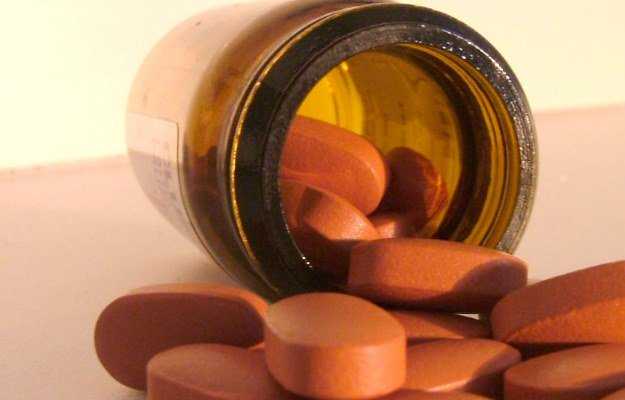What is opioid toxicity?
Opioid toxicity is a condition in which there are symptoms of a high opioid dose intake, voluntarily or unknowingly. Opioids are a class of medications used in relieving pain. Long-term use can result in the development of tolerance or resistance. Due to tolerance, you require higher doses for the effect of the medication to be seen. Overdose can affect multiple organs and may result in death if not treated rigorously in time.
The prevalence of opioid abuse in Asia is about 0.35%.
What are its main signs and symptoms?
If you experience all of the symptoms mentioned below, you are experiencing an opiate overdose:
- Pinpoint pupil (Constricted pupil).
- Loss of consciousness.
- Breathing difficulty.
- A decrease in blood pressure.
- Decreased heart rate.
- Pale appearance.
- Reduced body temperature.
- Incomplete urination.
- Diarrhoea or constipation.
Since opioids affect a part of the brain that is responsible for maintaining breathing, overdose causes respiratory depression and death.
What are the main causes?
The main cause of overdose is the use of opioid itself. You are at risk of developing opioid toxicity if you:
- Use opioids in doses higher than recommended.
- Combine opioids with other drugs or alcohol.
- Inject opioid drugs in the body.
- Have loss of tolerance (develops within 3 – 4 days after stoppage of opioids).
- Have HIV infection, depression, kidney or liver dysfunction.
- Are 65 years or above in age.
How is it diagnosed and treated?
Your doctors will diagnose opioid toxicity by checking your vitals like respiratory rate, heart rate and blood pressure and examination of the eyes to look for a constricted pupil. Laboratory tests are carried out to assess levels of opioids in the blood as well as to assess the health of other organs.
First and foremost, the treatment given by doctors is oxygen supply after ensuring there is no blockage of the airway. After this, the antidote for opioid toxicity is given as an injection or via the nasal route. The antidote can immediately reverse the toxic effects at a faster rate and prevent death if given at the earliest. The dose of antidote varies depending on the level of opioid in your body.

 OTC Medicines for Opioid Toxicity
OTC Medicines for Opioid Toxicity















